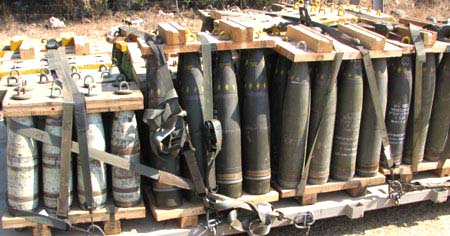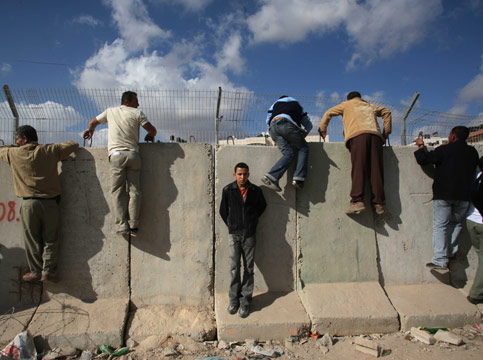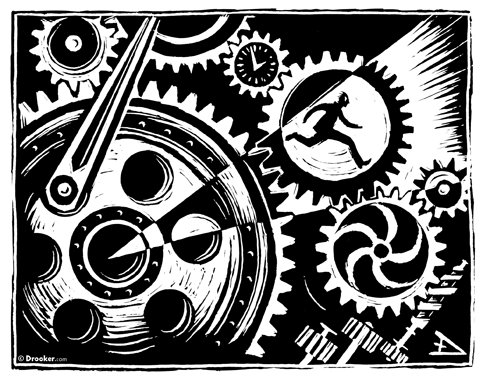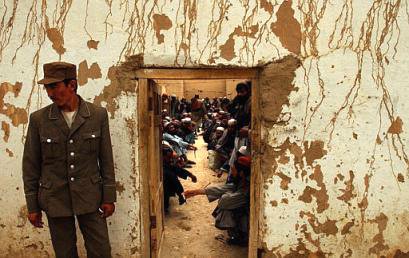Ilan Pappé – The Electronic Intifada

Sur ce sujet, j’ai affirmé, il n’y a pas très longtemps, qu’Israel menait une politique de génocide dans la Bande de Gaza. J’ai beaucoup hésité avant d’utiliser ce terme très accusateur mais j’ai décidé de l’adopter.
En effet, les réponses que j’ai reçues, y compris de certains activistes des droits de l’homme, indiquaient un certain malaise quant à l’utilisation d’un tel terme.
J’ai été, pendant un moment, enclin à revoir le terme, mais j’ai recommencé à l’utiliser aujourd’hui avec encore plus de convictions : c’est la seule façon appropriée de décrire ce que fait l’armée israélienne dans la bande de Gaza.
Le 28 décembre 2006, l’organisation des Droits de l’Homme israélienne B’Tselem a publié son rapport annuel sur les atrocités israéliennes dans les territoires occupés. Les forces israéliennes ont tué l’année dernière 660 citoyens. Le nombre de Palestiniens tués par Israel a triplé l’année dernière par rapport à l’année précédente (environ 200).
Selon B’Tselem, les Israéliens ont tué 140 enfants au cours de l’année dernière. La plupart des tués l’ont été dans la Bande de Gaza, où les forces israéliennes ont démoli près de 300 maisons et tué des familles entières. Cela signifie que depuis 2000, les forces israéliennes ont tué près de 4000 Palestiniens, dont la moitié étaient des enfants et fait plus de 20.000 blessés. B’Tselem est une organisation conservatrice, et les chiffres pourraient être plus élevés. Mais il ne n’agit pas seulement d’une escalade des meurtres intentionnels, cela concerne la tendance et la stratégie.
(Lire la suite…)











